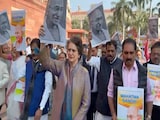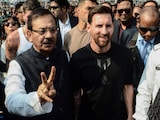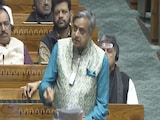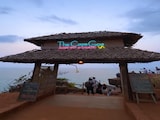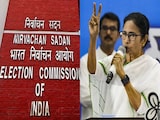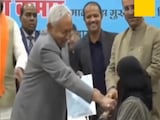The Israeli embassy in Delhi was on high alert because of "threats" it had received, even before a small bomb went off outside the mission, its ambassador told AFP on Saturday.
The envoy, Ron Malka, said he was not surprised by Friday's attack, which caused no injuries but blew the windows out of three cars.
The road outside the embassy remained sealed off Saturday as forensic experts sought clues as to who was responsible for what Israeli officials in Jerusalem have said was terrorism.
The police have so far only described it as "a mischievous attempt to create a sensation".
"This could have ended differently in other circumstances, so we were fortunate," Malka said in a telephone interview.
"We are always prepared. Especially these last days, we raised the level of alert due to some threats," he added, without giving further details.
"We are not surprised."
Investigators had found an envelope with a letter addressed to the Israeli ambassador in the street.
The letter described the low-intensity explosion as a "trailer" and made references to top Iranian military officer Qasem Soleimani and Iranian nuclear scientist Mohsen Fakhrizadeh.
Soleimani, considered Iran's most powerful military commander, was killed in a US drone strike in January 2020.
Fakhrizadeh, one of the country's top nuclear scientists, was killed in November -- an assassination for which Iran blamed Israel.
In 2012, Israeli Prime Minister Benjamin Netanyahu blamed Iran for a bomb attack on an Israeli diplomatic car in Delhi that injured at least three people.
Asked whether there was an Iranian link this time, Malka said: "Those non-state actors that are striving for destablization in the region and the world don't like what is happening between Israel and India, that are striving for stability and peace.
"It might be a threat for them."
The device exploded as India and Israel marked the 29th anniversary of their diplomatic relations, and Malka said the timing was part of the investigation.
External Affairs Minister S Jaishankar spoke to his Israeli counterpart Gabi Ashkenazi after the incident.
"We take this very seriously," Jaishankar said. "No effort will be spared to find the culprits."
The national security advisors of both countries have also held discussions.
Prime Minister Narendra Modi visited Israel in 2017, and Netanyahu made a return visit a year later.

